It’s the happiest time of the year in London. BFI Flare – London’s biggest LGBT Film Festival – has commenced. From now until the 27th of March, the Southbank is the epicentre of cinematic unicorns. Not only do LGBTQ+ Londoners have the hope of forging new romances, we’re gifted with the chance to feast on the most exciting LGBTQ+ cinema from around the globe.
In a period of such political uncertainty, and when the global economy is as unstable as a fleeting one-night stand, it’s inspiring that for another year, queer filmmakers have managed to finance their work to tell the stories that matter. I’d encourage you to explore the Flare programme with a coffee and biscotti in hand, but here are my personal recommendations on the hidden gems that feel most socially poignant.
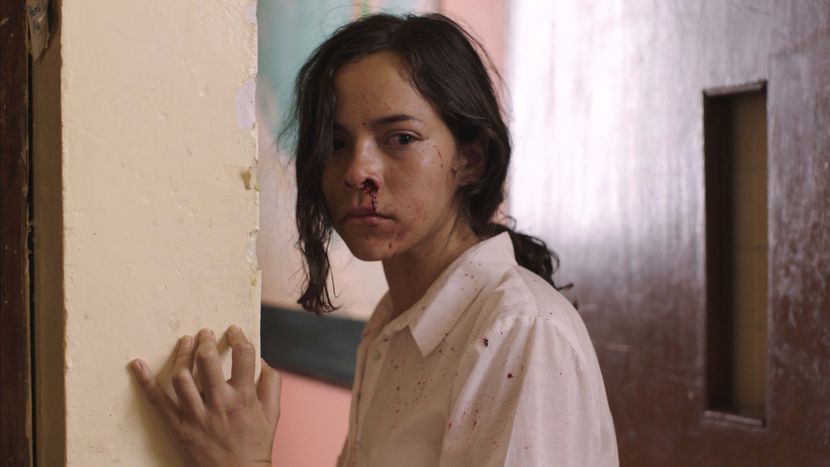
1. The Untamed (Mexico, Dir. Amat Escalante, 100 minutes)
This film. Woah. A mind-blowing cinematic feat. A blend of social realism and sci-fi, it’s the best film about queer rage I’ve ever seen. It tells the story of an unhappy marriage in Mexico, in which a repressed husband is having an affair with his wife’s brother. Mexico is a culture where masculinity is deified – and is plagued by a terrifying record of domestic abuse – and it is this that Escalante’s film investigates. But rather than resorting to the usual tropes, the film’s visual metaphor for queer repression is a tentacled alien in a closet, orgasmically fucking – sometimes killing – everything in its wake. We’ve culturally been investigating the fickle nature of masculinity in recent years; books like The Velvet Rage are a good example, in which a psychoanalyst argues that the rejection queer men experience growing up fills them with a void of internalised rage. Perhaps the re-published edition should opt for a tentacular-closeted-sex-crazed alien on its cover?
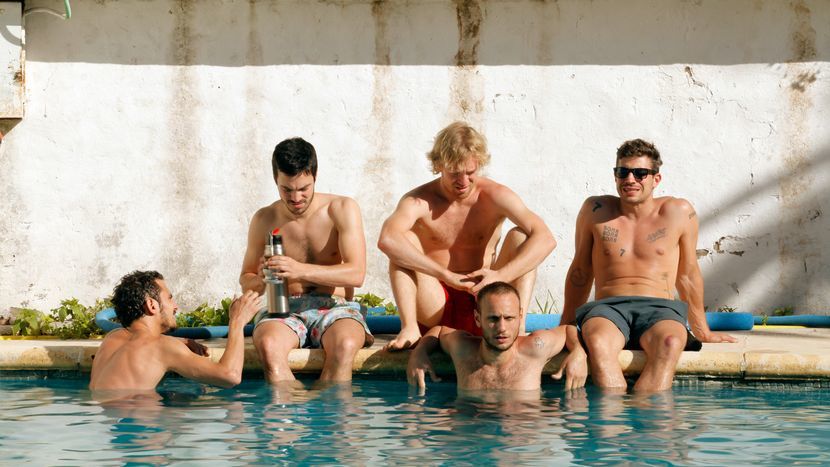
2. Taekwondo (Argentina, Dir. Marco Berger, 112 minutes)
A different take on gay male repression. Set in a country house in the Argentinian summer, the viewers are left to gaze on a group of men wasting their time. But every single shot builds to a maddening concerto of repression. Berger infuses the atmosphere with a hilarious sexual tension, in which the sweaty male bodies and the close ups of lips, eyes, and even hair, gesture at the notion that all these men want to do is have sex with each other. To be honest, it is the filmic equivalent to being blue-bulled; and for almost two hours, we’re aroused with promises that these hopeless characters might succumb to their desires. Whilst sexy and light on the surface, the film deftly constructs the experience of male repression, engaging the viewer in the frustrating emotions entailed in denying natural urges. The film comes at an interesting time in the gay community, where fears of assimilation are very pronounced, and the cult of the “straight-acting gay” has forged an internalised homophobia in homo-social male spaces.
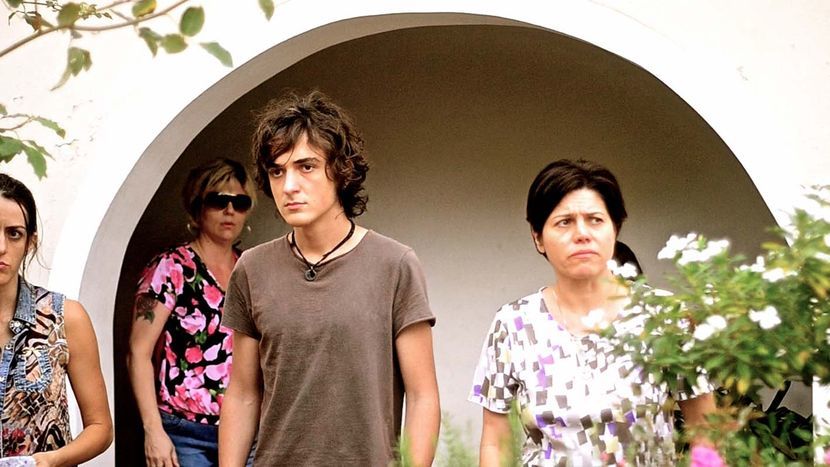
3. Don’t Call Me Son (Brazil, Anna Muylaert, 84 minutes)
You’ll often hear queer people talk about their “chosen families.” For many LGBTQ+ identifying people, their original home is a site of rejection, and unconventional familial models become a surrogate (take drag families, for instance). This film is the cinematic presentation of this. It tells the story of a mother who steals a child from a hospital at birth. At the age of 15, this gender-queer teenager is returned back to their original family. This family, so it happens, is just the tad bit conservative. They have deep trouble reconciling to their child’s non-conformist gender and sexuality. The film serves as a beautiful and humorous allegory for the idea that one’s biological relatives aren’t always the families who we belong to.
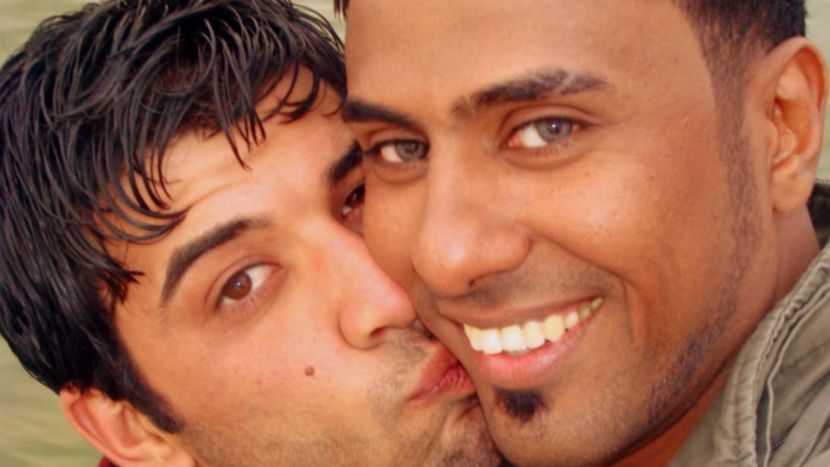
4. Out of Iraq (Iraq/USA, Dir Eva Turner, 81 minutes)
This film destroyed me – though in the best way possible. Out of Iraq is an intimate documentary about the romance of a lifetime between two men in Iraq. Their love forms during the American invasion, and is torn apart by war, and ISIS’ murderous regimes against LGBTQ+ Iraqi civilians. The two lovers end up separated by thousands of miles, for thousands of days, and do everything humanly possible to be re-united. This documentary urgently reminds us just how potent a political force love can be – for it can transcend all borders and conflicts. This is an achingly moving documentary that whilst telling the most intimate of stories, also reflects on the complex political situation in the country.
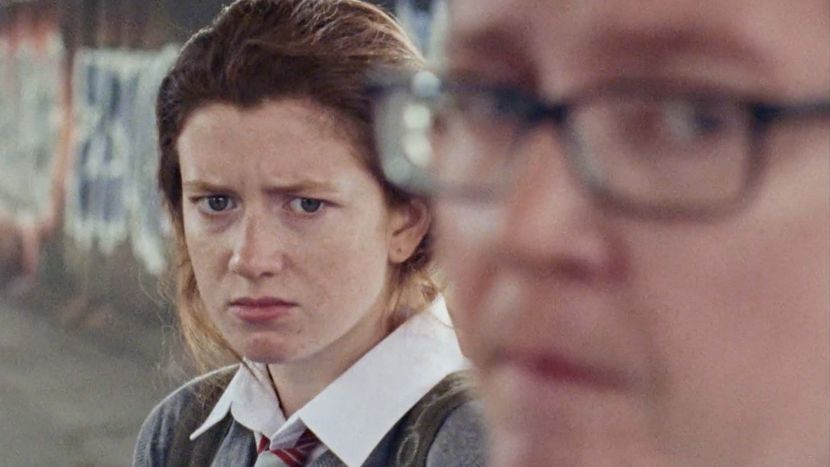
Short Films
The freedom from financial restrictions shorts provide allows filmmakers to really play. And as usual, the shorts programmes at Flare this year are bold, diverse, and daring. My top tip would be Hope Dickson Leach’s Silly Girl, written by Ellie Kendrick and featuring Jason Barker. It is a touching piece, in which a trans man enters a dialogue with his previous (and present) self, seeking to re-stitch their identity in their memories. This features in UK Shorts Programme Falling Free. The Something to Remember collection is also exciting, with the astonishing PRIA a real gem; in a collaboration between Indonesia and the USA, PRIA takes us on the intersectional journey of a gay Muslim-Indonesian boy forced into marriage with a woman. Harry Lighton’s Sunday Morning Coming Down is also a lovely piece, touchingly re-imagining the age-old coming of age narrative through the tropes of a glory hole and Johnny Cash!
Credits
Text Amrou Al-Kadhi
